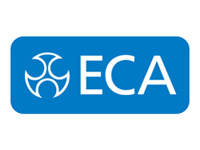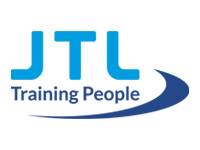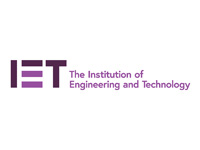The Government’s announcement of investment in apprenticeships is a welcome step for the electrotechnical sector but more needs to be done to tackle the skills gap and support economic growth.
Apprenticeships
The Chancellor’s Autumn Statement, delivered on 22nd November 2023, pledges £50 million of funding over the next two years to increase the number of apprentices in sectors facing skills shortages. This is positive news, but other measures which would support a competent workforce, such as incentivising direct employment, were not included.
The electrotechnical industry accounts for about one fifth of all apprenticeship starts in construction with more than 7000 in 2022/2023. 80% of these starts are with small employers (non-levy payers). Therefore, how this funding is used will be crucial to further support the positive tradition in this industry of supporting young people into a progressive and exciting career path.
Tax and living wage
From 1 April 2024, the National Living Wage will increase by 9.8% to £11.44 an hour with the age threshold lowered from 23 to 21 years old. The JIB will be working with the ECA and Unite the Union to ensure the industry has clarity on the impact under the JIB Agreement and National Working Rules in terms of rates of pay for operatives and apprentices.
There will also be a 2% tax cut in National Insurance from 12% to 10%.
The Government will introduce reforms in the Autumn Finance Bill 2023 to the Construction Industry Scheme, including adding VAT as part of the Gross Payment Status (GPS) compliance test, giving HMRC more power to remove GPS immediately in cases of fraud. Alongside this, the Government is also announcing simplifications to other aspects of the scheme, which will be subject to technical consultation.
Green industries and low carbon initiatives
A commitment of £960 million to support clean energy manufacturing capacity and £185 million to the Industrial Energy Transformation Fund (IETF) is a positive sign for green initiatives. Permanent full expensing, including the 50% first-year allowance for special rate assets, will apply across the economy and will also support companies investing in solar panels, heat pumps and greener plant and machinery. The Electricity Generator Levy will benefit sustainable energy industries, such as solar and offshore wind.
Removing barriers to investment and supporting infrastructure
The Statement announced reforms to the planning system and changes to electricity grid connection process to address delays. An Action Plan aims to halve the time to build new grid infrastructure to seven years and a consultation on amending the National Planning Policy Framework will prioritise the expansion of electric vehicle (EV) charging infrastructure. These moves are designed to encourage investment from the private sector. The JIB will continue its work to support initiatives such as TESP’s Electrician+ to ensure this work is carried out by competent and qualified Electricians who have appropriately upskilled for EV charging point installation, maintenance, and design.
Investing in housing supply
The Government is investing an additional £32 million across housing and planning This includes tackling backlogs within Local Planning Authorities (LPA) and reforms to streamline the system. In addition £110 million will be made available, through Local Nutrient Mitigation Fund, to support LPAs affected by nutrient neutrality rules.
JIB Chief Executive Jay Parmar said: “The JIB welcomes the investment in apprenticeships announced in the Autumn Statement. Ensuring that the appropriate pathways are in place to deliver a competent and professional workforce is vital in delivering a sustainable built environment for the future. The pledges towards green industries, infrastructure and delivering net-zero are also positive steps.”
He added: “However, the UK is still under pressure to close the skills gaps affecting many sectors and encourage people into work. We still need to see a sharp incline in the rate of direct employment, particularly in the construction industry, and the lack of incentives to encourage this is disappointing.”







